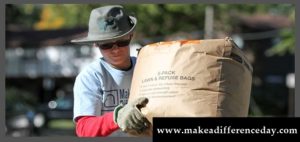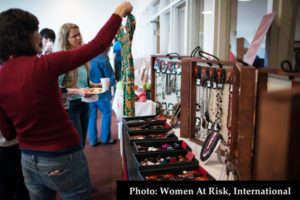Author: Rebecca McDonald, Founder & President
As I’ve traveled the world, I have heard of horrific stories of the lack of rights, some unrepeatable. In many lands, a woman raped must have a witness because a man’s word is literally worth 2 women. If he comes up with a male witness to say the opposite, she must find 4 witnesses. I’ve discovered faith systems where the women are not allowed to take part in ANY part of the worship. They can cook for the men but have NO say in their faith. Should their family cease to produce a male, their faith dies completely out. Men can get a divorce just by saying so 3 times, but a woman can never divorce. In rare cases, if she does, she will never see her children again. Women are denied school, can’t hold jobs even if trained as doctors or lawyers, must not run a business…the list is endless.
Growing up as an American in lands where women and girls had next to NO rights had a profound effect on me. My home was a safe place where my voice was precious & heard. Being an only girl with 3 brothers helped with the “princess status.” But seriously, my parents took me seriously to the point that my word carried more weight than my older sibling due to our approach to things. I was treated like the oldest child in many ways. Meanwhile, outside my home, my girlfriends had almost no say. They were bought and sold in a marriage contract. The culture even had “marriage brokers” the same way we approach buying a home to find the right details, price, pedigree, etc. for the male family to “consider.”
Three distinct events left an impression on me.
1) You recall my 14-year-old village girlfriend was raped (by family), fought back, and had acid poured down her throat to “silence her” literally.
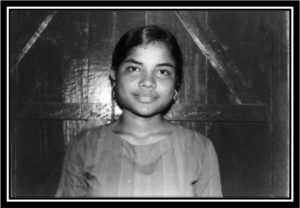
Nehru: My 14 yr. old girlfriend forever silenced with acid poured down her throat.
2) For the wealthy, it was even harder in some ways with more at stake. I remember 2 upper-class girlfriends. One, the daughter of the Minister of Education, a power elite family, “met and fell in love with” a high-class boy while in the USA getting their education. From the richest Bengali family, it was “OK.” BUT, they had to go through the charade of pretending it was an arranged marriage and they’d never met. Heaven forbid a woman should choose her own path…or a boy for that matter.
3) Then as an adult, I sat in the home of another wealthy family related to the nation’s President who babysat his young son. That night while my son played with the President’s son, their daughter came in angry from university classes. Her father had arranged a marriage to another wealthy family. The sisters of the “groom to be” came to “check her out” looking her up and down in the door of the classroom like she was “a cow for sale at the market.” She complained bitterly that any family whose women treated her like “property for sale” was not a home she wished to marry into. Very simply (so liberal of him), the father just said, “Ok…I’ll look for another.” She walked off happily. I sat thinking about the fact that she was submitting happily to his giving in yet still in charge of who she’d marry.
What Does All This Prove?
Simply that for all our progress as women, we have a long way to go in many lands. I have 3 conclusions from a lifetime of working to empower women.
l) I love America despite its many many flaws. I am a woman that founded an organization and has a voice in any setting and platform I wish to pursue. Yes, it may be that I have had to fight harder, dig deeper, swallow slights…but I am willing to do so if it means lifting the broken, the voiceless, the wounded, the hurting. At the end of the day, there is no slight, indignity, or put-down that compares to those of the lives we represent. So for them, we willingly take up that cross and march on. I’m patriotic not for apple pie, motherhood, or football, but for our right to speak out! I beg you to hold your rights as a privilege and luxury. The day we lose the right to speak freely, we are not a great nation anymore. I know what that looks like. I grew up with girlfriends that had no voice. We must always allow the voice of the silenced no matter whether we like its sound or not. It is what makes us great. When you silence anyone, you give predators power. Our right to free speech in every aspect is truly what sets us apart.
2) I am a mother of 3 boys (& 1 daughter), a sister to 3 brothers, grew up as an American surrounded by the “Taliban mentality,” & work with law enforcement and clergy (male-dominated). I know the world of men and I respect it. I don’t want you to bash my boys any more than my daughter. While we must find rights for women, we must not do it to the detriment of our boys. Fixing a wrong by going to extremes only hurts everyone in the end. I have an article on this on our website. Suffice it to say, All Voices Matter Regardless of Genders. We need to stick together to lift all voices in the fight for freedom.
3) Four decades of being the “Voice of the Silenced” proves those who suffer have the most profound insights. We’d be wise to listen first to them, the experts. They may not have the solutions to the problem politically, legally, or structurally. But their voices should be the template, the mentor, the guard rails that guide significant changes. To fix something without the insight of the experts is to not fix it at all. With 2 ears and only 1 mouth, listen first and twice as long. Then be the voice of the silenced no matter how small you think you are.
Passionate to be the Voice of the Silenced:
Becky
March 2022


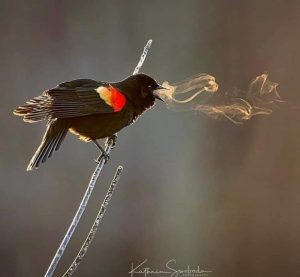
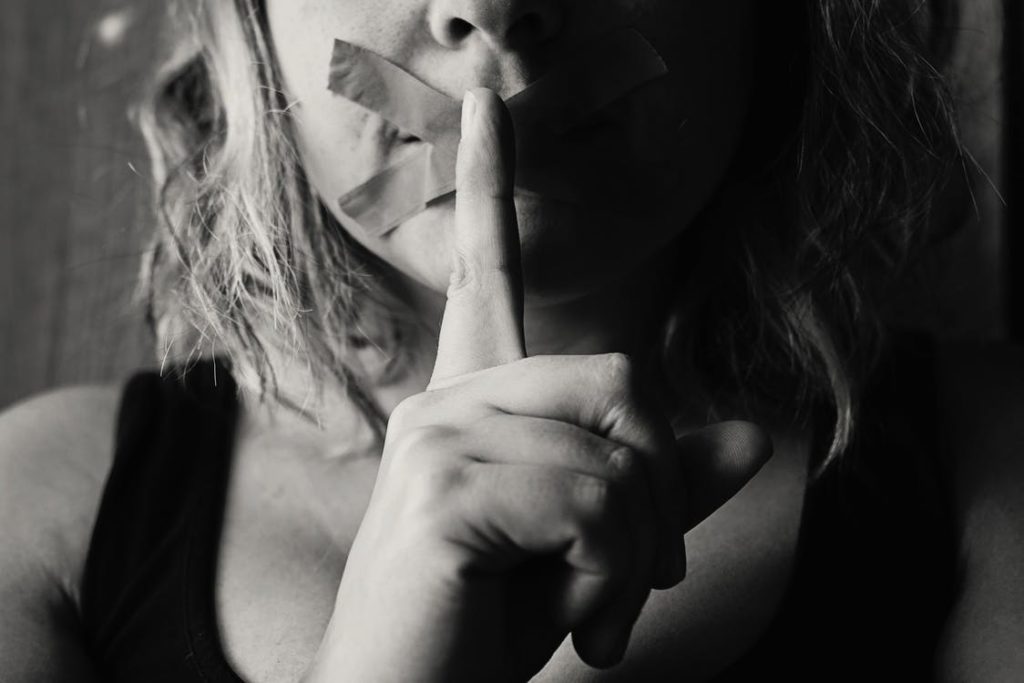

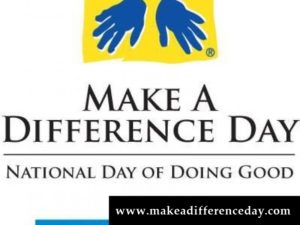 Established in 1992, this “national day of doing good” promotes the idea of volunteering as a positive and heartwarming event and emphasizes the impact that volunteering can have on one’s own community. It strives to change the view of volunteering from an obligation to a privilege, helping us become a society that embraces the ideals of volunteerism.
Established in 1992, this “national day of doing good” promotes the idea of volunteering as a positive and heartwarming event and emphasizes the impact that volunteering can have on one’s own community. It strives to change the view of volunteering from an obligation to a privilege, helping us become a society that embraces the ideals of volunteerism.